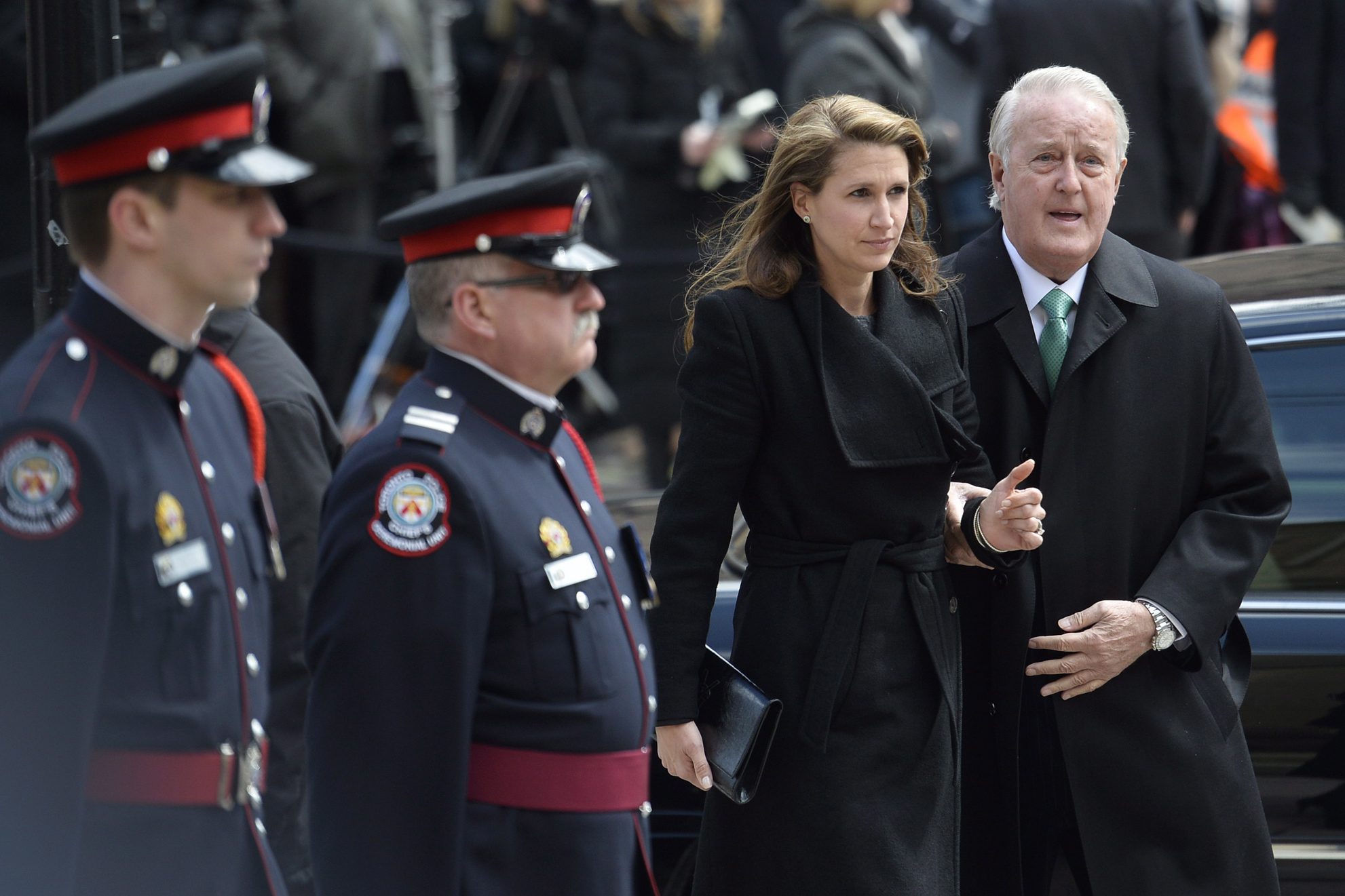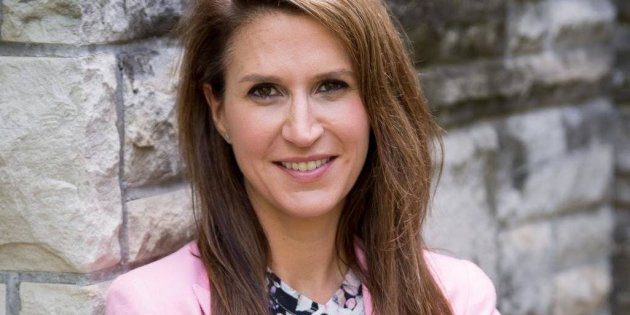In the wake of the sudden demise of Patrick Brown's political career, the hastily organized race to replace him as Ontario Progressive Conservative Party leader has thus far merited three candidates Christine Elliott, Caroline Mulroney, and Doug Ford. None of those three are members of the caucus, and two of them have never been members. One of them, Caroline Mulroney, has never held elected office at all, while Ford has only served at the municipal level, which is a very different kettle of fish than provincial politics. But any way you look at it, a race that only consists of outsiders can't be considered a good thing for the health of our province's democracy.
Before we begin, let me lay it out there that I firmly believe in the traditional Westminster model where the caucus should both choose and remove the party leader. It's a system that ensures there is accountability at the top, and empowers the MPs to do their jobs as representatives of their constituents while ensuring that the party remains the vehicle by which there is an interlocutor relationship between grassroots members and the caucus. But that's no longer the way things work in Canada, which is causing more problems the longer it goes on.
Now, because we have turned over the power to select leaders to grassroots members in either delegated conventions or the increasingly common one-member-one-vote systems, we have created a system that was intended to be "more democratic" but instead has become a vehicle for leaders to create cults of personality and engage in what amounts to warlordism with his or her own party because they have been granted the "democratic legitimacy" of the membership to do so. Elected officials, be they MPs or MPPs, are reduced to voting machines for the leader's whims, and grassroots party members increasingly have their power and roles reduced to being mere placeholders for support as the work of policy and indeed, sometimes even nomination is taken up by the increasingly powerful leaders.
Why this matters in Ontario in particular is because the problems with Patrick Brown, from his selection right to the eventual "rot" found within the party organization upon his departure, all stems from this unaccountable way in which leaders are chosen. And the fact that the party is now looking to yet more outsiders to deal with the problem of this "rot" within their ranks show that absolutely nobody has learned their lesson from what happened, and is indeed doubling down on it.
And why this being enamoured with someone who isn't in the caucus? Already there is talk about how they're looking for someone who isn't a "political elite" to come in and take charge. While Elliott probably fits that description of a "political elite" given her history and experience, and it will be used against her you can be sure, the fact that this charge is being used against the caucus is a huge problem. It's especially a problem when it's coming from other elected officials as we heard last week from sitting federal MP Alex Nutgall. We also saw this kind of behaviour during the debates on Michael Chong's Reform Act, where several Conservative MPs decried that "elites" in the caucus shouldn't be able to override the wishes of the grassroots in order to remove a leader. That elected officials deride themselves as "elites" is mind-boggling, because they're undermining their own ability to do their jobs and have surrendered their autonomy and ability to hold their leader to account.
The root of this particular attitude is the kind of populist noise that has infected Canadian politics on either end of the political spectrum, which confuses itself with democracy. The notion that what politics needs is outsiders to come in and "save" them from the morass of politics, or to "drain the swamp" is exactly the kind of mentality that gave America Donald Trump, and we see echoes of it in our own discourse, and yet nobody seems to want to see that for what it is. Add to this the wrong-headed notion that someone who had success in the private sector can automatically translate that into politics compounds this kind of belief into something that can be completely toxic to the political culture of the province or the country. (And speaking of lessons not having been learned, we've proven time and again that you can't "run government like a business" because there is no analogous bottom line that can be applied, but people continue to treat this slogan as though it were a realistic goal).
Trying to assert that yet another outsider can come into the leadership of the party, with a goal of forming a government, is putting the party and in this case the province in the hands of another personality cult with a saviour complex. After all, who needs relevant experience, or to have earned the trust of the constituents of a riding, when you can simply skip all of that messy business and insert yourself into a leadership position by making the most populist pitch to the party faithful and those whom you can convince to take out a membership on the strength of your name? It's debasing to the system, and it's debasing to the way in which politics is supposed to be practiced. That we're continuing to pretend that populism is an acceptable way to run a democracy throws out the notions of accountability that is supposed to hand-in-hand with the principle of elections. What this particular PC exercise in Ontario is demonstrating is just how far things have fallen in this province, that we think that our governance problems can be solved in such a manner. Not just PC members, but our entire electorate needs to take a good hard look at the problems we keep signing ourselves up for, and maybe learning our lessons instead of repeating our mistakes.
Photo Credit: City News








